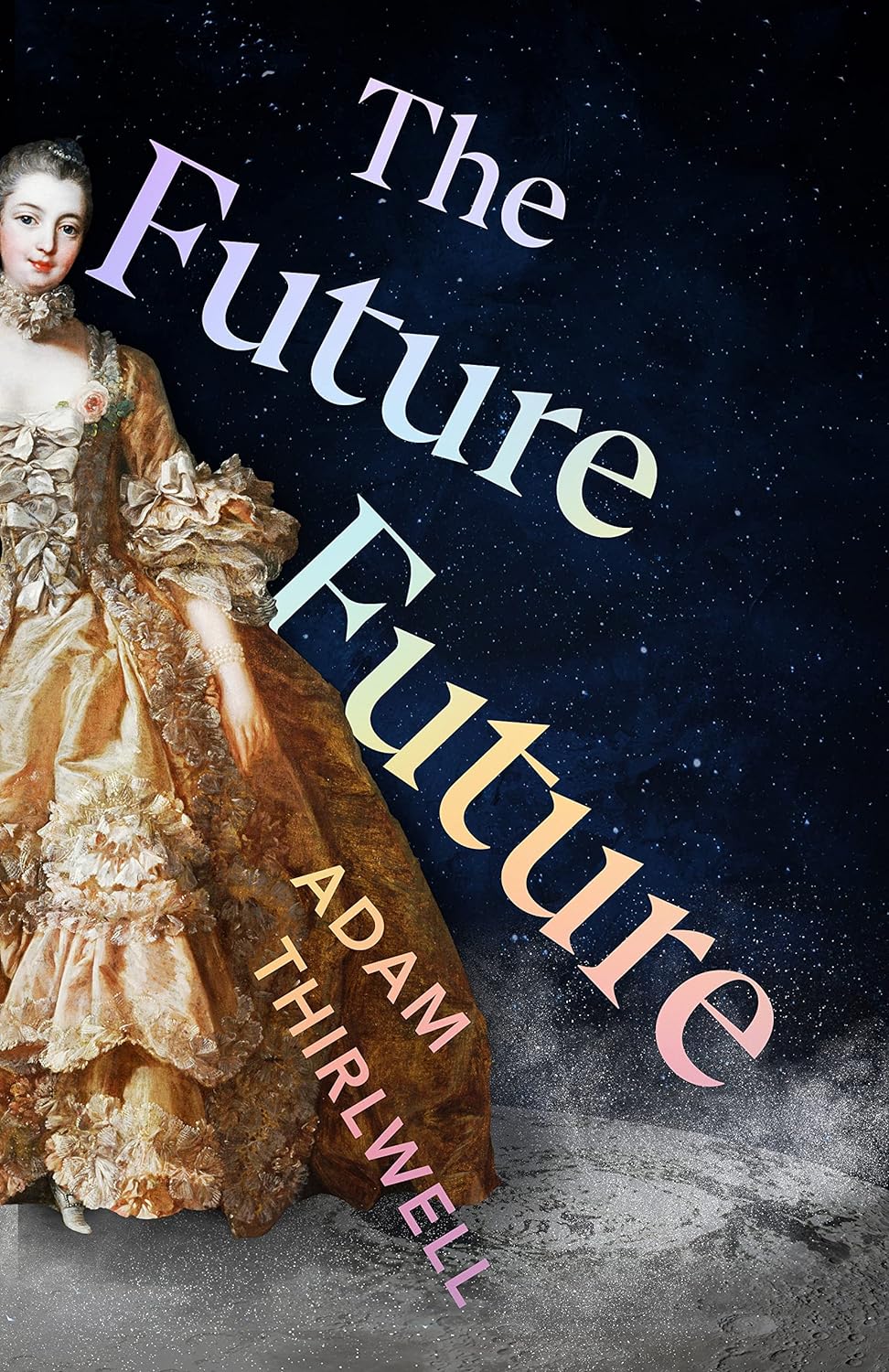The author’s latest novel makes what’s ‘real’ seem like a stage set and what’s invented seem real
Despite the insistence of its title, the future is not the first subject that pops into mind while reading Adam Thirlwell’s new novel. Even though it includes rocketships, space travel, aliens and interplanetary relations. In fact, main plot aside, the book as a whole has an insistent feeling of asynchronicity, as if it were set up to deny any sense of time from the off. Which might come across as odd, because the novel is definitely set in eighteenth-century France, as enlightened thinkers, literati, dandies and revolutionaries phase out Louis XVI and, after a brief but violent republican lull, phase in the emperor Napoleon. Thirlwell’s history centres around a woman named Celine, newly married into ‘society’, and almost instantly the subject of salacious pamphlets falsely suggesting that she’s party to a raucous sex life. For the rest of the novel she wrestles, against various ambitious artists, socialites, bureaucrats, lovers and dictators, to find her own voice in order to get her own message out there. Once she’s worked out what the latter is. The whole book is studded with anachronisms (characters message each other, people are fascists, the world is full of freeways and takeouts). So, as if to convince us that all Thirlwell narrates might actually have happened, ‘real’ historical characters such as Pierre Augustin Caron de Beaumarchais, Marie Antoinette, Toussaint Louverture and Napoleon himself keep popping up to remind us of when the book is set (even if their ‘real’ histories are not always respected). Which, curiously, has the opposite effect: making what’s ‘real’ seem like a stage set and what’s invented seem real.

In other ways the novel is very firmly set in the present. Ours. The issues raised – the pressures and violences of a world saturated in social media and dominated by patriarchal systems, the relationship between old worlds and new worlds, the human and nonhuman worlds, and frequent references to mycelia, which bring to mind the work of contemporary anthropologists such as Anna L. Tsing – come across like a shopping list of current concerns, all expressed in the language of now. That’s not to say that the eighteenth-century setting is irrelevant, but perhaps that Thirlwell is intent on bringing the problems of the present to confront their Enlightenment roots, simultaneously reminding us of the truth that all histories are contingent and reflect the concerns of the times in which they are written. The overall effect is simultaneously dazzling and unnerving.
The Future Future by Adam Thirlwell. Jonathan Cape, £18.99 (hardcover)
